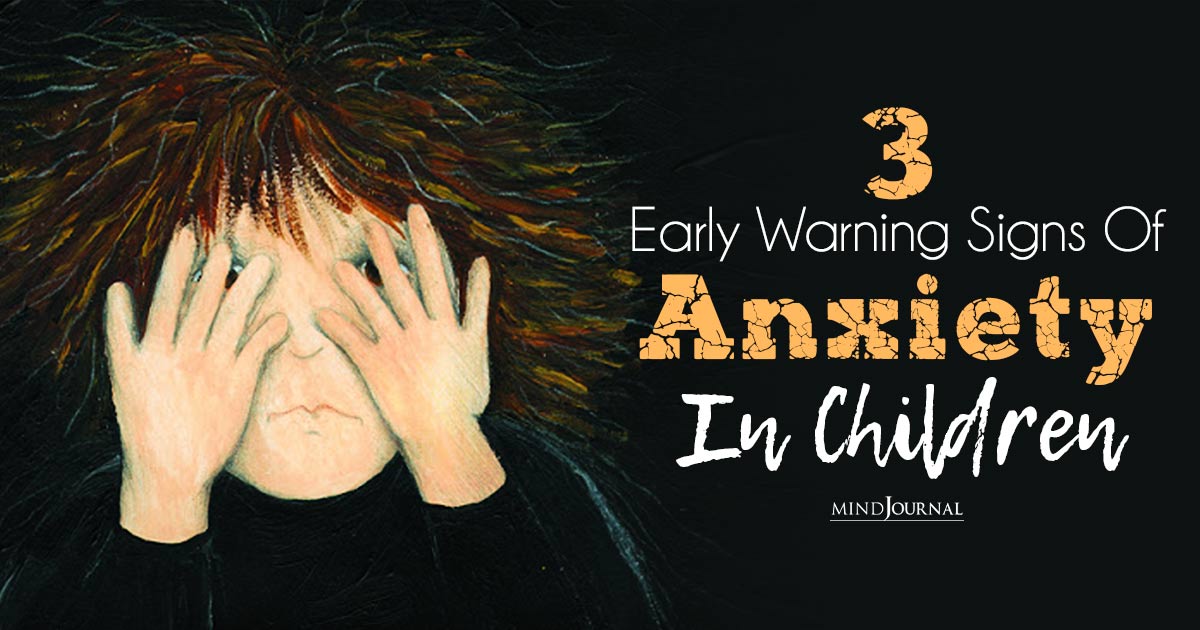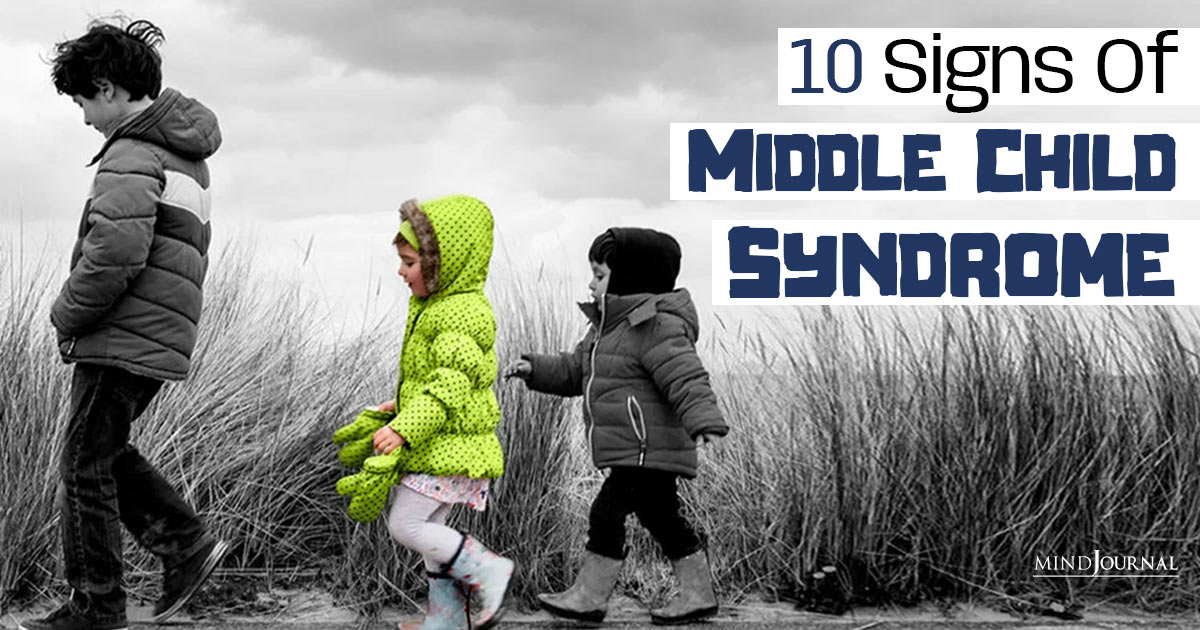How to accept your parents for who they really are and love them for it?
Reconcile the love you would’ve liked to receive with the way your parents actually loved you.
You have zero control over another person, so when it comes to an intimate relationship, it’s all too easy to hold on to past hurts as armour, and harbor resentments that close off your heart. Learning how to let go of the past and accept things as they are is important.
Being able to literally — putting the past behind you, especially when it comes to your parents and the mistakes they’ve made — is a skill you can learn as an adult.
When you were young, you learned strategies in your family of origin. The majority of these strategies are with you today as a grownup.
All of these strategies were developed so you can feel loved and safe. But that doesn’t make them true.
Related: Which One is Not A Family? Psychological Personality Test
If you want to create soul-satisfying, long-lasting love, it’s imperative that you make peace with the past, including your parents. Accepting them as imperfect human beings — rather than holding them responsible — is the path to creating more love in your life.
Here are 5 ways to accept your parents for who they really are and love them for it.
1. Your parents did the best they could.
Being a parent is the toughest role in life. All parents do their best — however, some have limited capacity. You were raised by flawed people, who were raised by flawed people, who were raised by flawed people, and on and on back through the ages.
Accepting that your parents made the best efforts they could is a great start to accepting their humanity and healing your childhood wounds.
Most parents attempt to do better for their children than what they experienced growing up. However, most of their strategies are ingrained in their subconscious from when they were little kids.
For example, you might realize you’re pointing and shaking your index finger at your kids the way your mother did to you. This isn’t a conscious decision, but rather something that just happens, as if on autopilot.
You learned most of your behaviours through experiences — they become a program that simply runs through habit without the ability to make a new choice, and your parents’ behaviour was learned in the same way.
This is how behaviors are passed down from one generation to the next until someone in the family does the inner work to break the chain.
Reverting to old patterns and strategies under duress is incredibly common. You are not as resourceful under stress, and raising children can be one of the most stressful situations in life.
Related: 12 Signs You Have A Toxic Parent and How To Deal With It
2. See your parents’ strategies as a reflection of their love for you.
When it comes to human behavior, all of our behavior has a positive intent, however the result may not be positive at all.
No one tries to raise their children badly. Your parents had good intentions and identifying their intent will give you peace of mind, regardless of the results. The strategies they had may not have been great, but their love for you lies in their intent.
You may not have been loved the way you would like to have been loved by your parents. Instead, you were loved in the way that they were capable of loving you.
Some parents are overprotective and show love by micromanaging their child’s life.
3. Stop expecting your parents will change.
You certainly had an effect on your parents, however, your parents were fully formed human beings with well-developed strategies and habits long before you were born.
Whereas your mom and dad’s fingerprints are all over you — they shaped who you are from the moment you popped out of the womb. Therefore, it’s an unbalanced relationship. You didn’t have any input on your parents’ habitual strategies.
The way your parents respond to events is part of their inherent makeup. They’ve had their strategies for decades. So for your own peace of mind, stop expecting that they will change.
Accepting them for who they are also honors what they are capable of. They can only love you the way they know how. As difficult as it can be, see your parents for who they are and accept them as is.
Related: 8 Signs You Have Controlling Parents & How To Deal With Them
4. Take responsibility for your part in the equation.
Your parents’ behavior is up to them. But the meaning you assigned to their behavior is 100 percent your responsibility.
Nothing has meaning except the meaning you give it. This is even true for the choices and decisions you made as a child in your family of origin.
Take responsibility for the meaning you gave to your parents’ strategies and behaviours. You may never change them or their behavior, but you can make a shift in the meaning you assigned to the events of the past.
Every single child must feel loved and safe and will take on any limiting belief to fit into the family unit. The beauty of being a grownup is that you can release those limiting beliefs and make a new choice: One that is in alignment with your desires.
5. Love them (and yourself) despite faults and shortcomings.
Every person on the planet is doing their best; some simply have limited capacity and resources. This includes you and your parents!
People are “imperfectly perfect.” You love someone for their imperfections — their silly laugh or crooked smile are the uniqueness of that person that makes them different from everyone else.
When you accept your own imperfections and release the unrealistic expectation that you could ever be “perfect,” you open the door to love.
Accepting your parents “as is” and loving them anyway allows you to open the door to compassion, and that compassion allows you to love them no matter what.
Related: How Parents With Core Shame Can’t See True Essence Of Their children
Being a flawed person is part of the human condition.
Accepting your parents’ shortcomings allows you to be free from past events where they disappointed or even hurt you. Their behavior is not personal — it is a reflection of who they are, just as your behavior is about you.
Releasing the negative emotions from the past frees you to create anew in the present. This allows you to be open to love yourself, which is how you attract an ideal partner into your life.
Ultimately the love you seek is inside of you and reflected back to you through the eyes of your beloved.
Are you ready to accept your parents for who they really are?
Written by Orna and Matthew Walters
Originally appeared on: Your Tango









Leave a Reply
You must be logged in to post a comment.